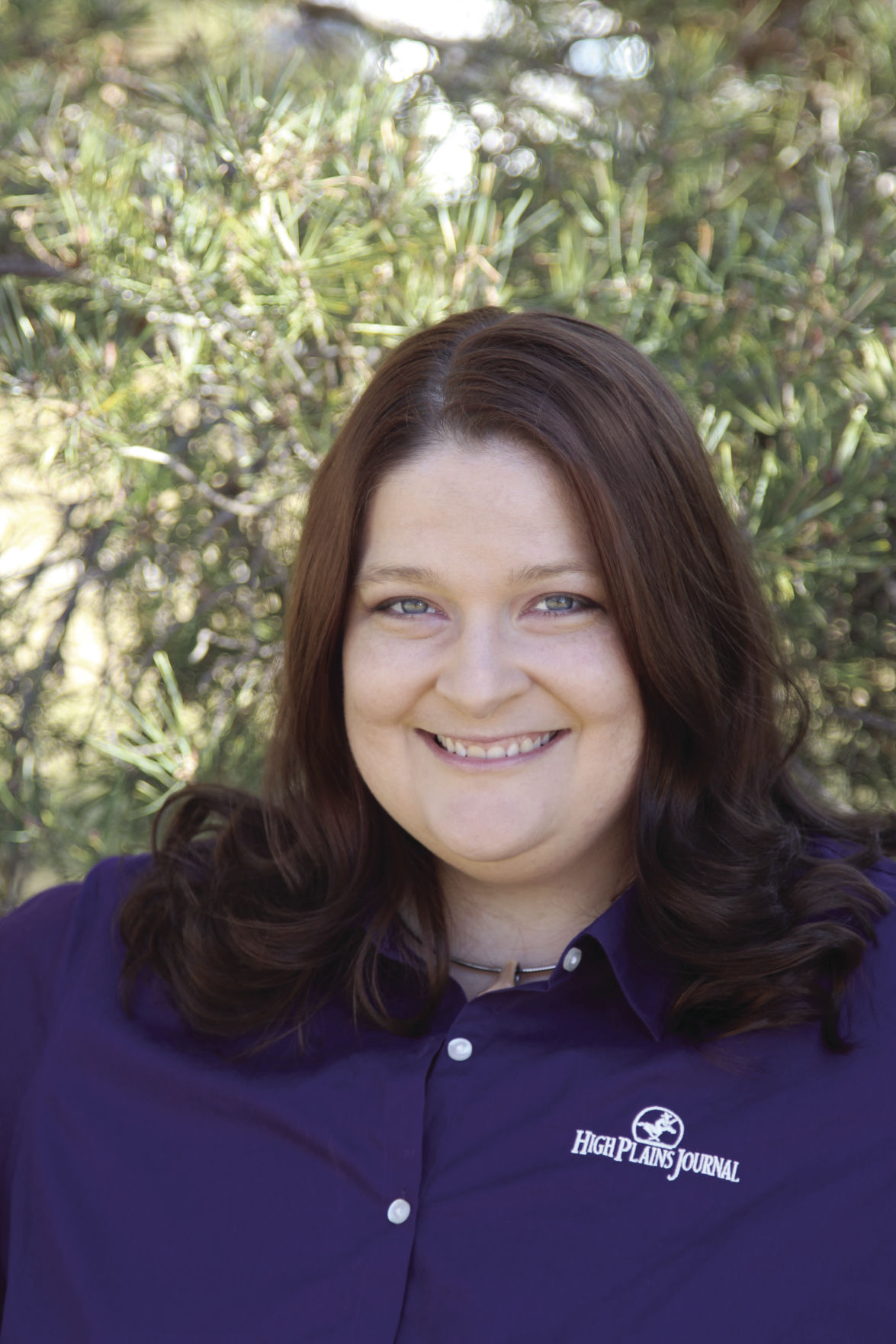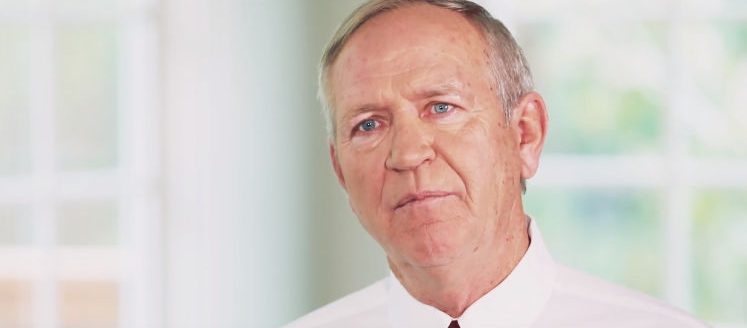On Nov. 2, the day before the 2020 Election, word filtered down through the network of Kansas agriculture that Dr. Barry Flinchbaugh, professor emeritus of agricultural economics at Kansas State University, passed away.
A day before the most contested political race of a lifetime, we lost one of our staunchest voices in agriculture. And in true form, the man who spoke truth to power left us with many lessons like this:
“Issues need to be settled, the economy needs certainty, the government needs to function,” he said, according to a 2015 Kansas Farmer story by PJ Griekspoor. “If elected officials don’t want it to function, they can and should be removed from office. We need less rhetoric and more facts, less mythology and more civility and reality and whole lot less ideology.”
He could be accused of partisanship at times, but truly the man did not care what your political leanings were, just that at the end of the day the job got done for Kansas farmers. It was always about the farmers for him.
As a professor at K-State, Flinchbaugh taught generations of students about ag policy, in his no-nonsense Pennsylvania plain speak. Trying his best to educate them about how decisions made in the halls of power could affect their bottom line at home on the farm.
But I’ll let you all in on a little secret.
The one regret I have from my four years at Kansas State University is that I never took a class from Flinchbaugh. To be frank, the man intimidated the 19-year-old me to no end. He presented a gruff exterior and could put unprepared students on the hot seat. He was blunt and unapologetic in his approach to ag policy. Politicians and state agricultural leaders took his calls or faced his wry wit. In short, he was a lion in agricultural policy circles, emphasizing his points with a chewed-on stub of a cigar. (Well, until about a decade ago, that is, when the doctor made him give up his cigars.) So, yes, in short, he intimidated the gee-whillickers out of me.
Eventually, though, I grew out of my intimidation of Flinchbaugh. I got to know him a little better when I was a member of the Kansas Ag and Rural Leadership Class X. It was there I learned that he had a great sense of humor and a heart full of pride for his family and for K-State. He was so very proud of serving on the KARL board of directors since its inception, and he made a point of speaking to every class about politics and leadership.
“There are kings, and there are king-makers,” he would say to each class. “Sometimes, being the king is a little easier than being the king-maker. The king is just the face.” It was his way of reminding us that leaders are only as good as the people that they surround themselves with for advice. Every king, every leader, needs a voice of conscience.
Over the last 20 years I’ve written for High Plains Journal I would sometimes run into Flinchbaugh in my work. Each time when I’d pull him aside for an interview, for a quote or to explain a political discussion point of his, he would make it a point to not just stop with a clever line. Ever the professor, he’d challenge me to think the answer through. “Well, Miss Latzke, now what do you think?” he’d ask me. I’d ponder for a few seconds, come up with what I thought was an adequate response, and he’d reply with a letter grade. Those conversations were golden—seems like I got to take his class as a make-up after all in my professional career.
Flinchbaugh’s obituary will read that he was one of the architects of the Freedom to Farm bill of 1996 and that he’s advised agricultural policy at the state and federal levels for years. It’ll tout his decades of education and advocacy for Kansas agriculture and the farmers and ranchers of this state. It’ll list his many accomplishments, awards and honors. It’ll have quotes from politicians and pundits who’ve sat across the table from him, hammering out policy long into the night.
But maybe the best legacy that Flinchbaugh leaves us with, beyond the lessons he taught in and out of the classroom, are the many lives he influenced with his words. Leaders of industry, farmers who sit on county commissions, commodity board members, and yes, ag reporters, our numbers are legion.
In his eyes, we were all kings just waiting for our opportunities to lead. And he will be forever be our conscience.
Jennifer M. Latzke can be reached at 620-227-1807 or [email protected].



